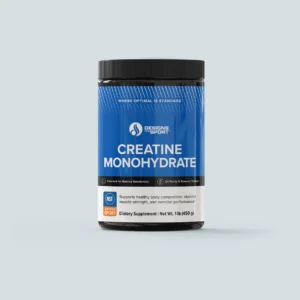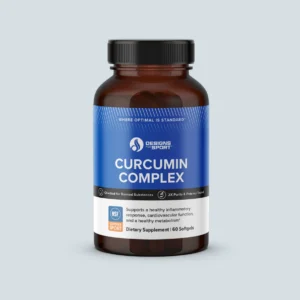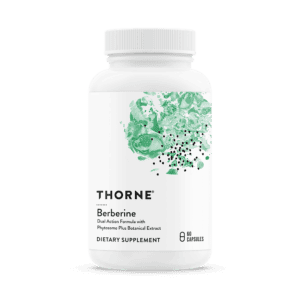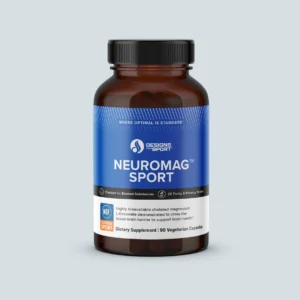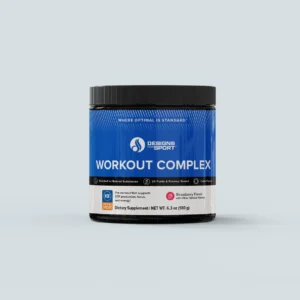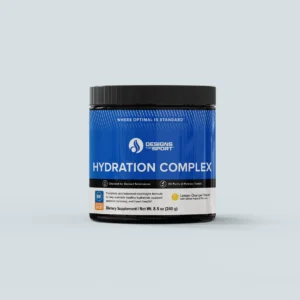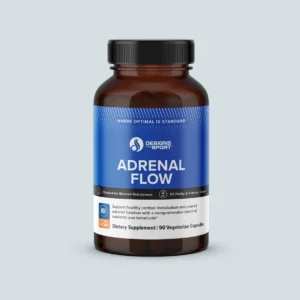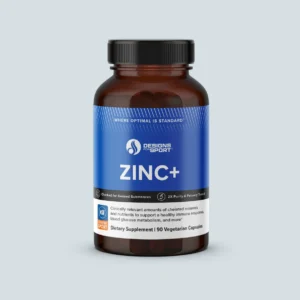Why Better Sleep Will Boost Your Health & Performance
Home »
WANT BETTER HEALTH AND PERFORMANCE? MAKE SLEEP YOUR PRIORITY!
Are you paying enough attention to your sleep patterns?
How much do you really know about the impact of your sleep patterns? Do you understand the health and performance consequences of not getting enough sleep or experiencing poor-quality sleep? You might be surprised at how far-reaching they are.
In fact, research has revealed that better sleep is the deal breaker if you’re serious about improving your health and performance.
Demystifying sleep benefits
Research continues to reveal more and more about the restorative effects of good sleep. The health implications of sleep deprivation have become a mainstream talking point. And information about the power of prioritising sleep is now easier to find
I regularly discuss sleep quality with our gym members. Based on some of the questions I’m asked, it’s clear that some online advice is conflicting, confusing or simply inaccurate.
Sharing the benefits of healthy sleep habits
Luckily, at #teamshredded, we’ve been studying and sharing the importance of sleep for years.
Education is a key part of what we offer our members. So, I recently gave a presentation at our gym to demystify
I’ve created a two-part blog series highlighting my key messages, so you can grow your understanding and start enjoying the benefits of better sleep.
The need for sleep is programmed into your body and regulated through through two separate processes:
- Homeostasis
- Circadian Rhythm
Homeostasis is an internal physiological process that helps regulate your sleep.
Your circadian rhythm is often referred to as your body’s 24-hour internal clock. It runs in the background of your brain and switches between sleepiness and alertness at regular intervals.
Together, these two independent processes control your sleep/wake cycle.

CIRCADIAN RHYTHM AND SLEEP DISORDERS
Sleep problems typically arise when there’s a misalignment between the timing of your internal circadian rhythms and your external environment.
Or, when your circadian clock or its entrainment pathways are dysfunctional.
Light and a hormone called Melatonin are the principal agents that synchronise your circadian system. Melatonin is released in response to darkness and helps prepare your body for sleep.
External environmental factors that affect your sleep include:
- ambient temperature
- meal consumption
- ambient noise
- the body’s activity level
- the overall intensity of the ambient light
The good news about these factors is they are mostly within our control.

WHY DO YOU NEED SLEEP?
There are many reasons your body needs sleep but in 2015, when scientists confirmed the discovery of the Glymphatic system, another compelling reason was revealed.
The Glymphatic system is the brain’s waste disposal system. The main waste product removed is Amyloid beta, the protein that’s known to accumulate in the brains of people with Alzheimer’s Disease.
The Glymphatic system is 60% more effective at removing waste when you’re asleep than when you’re awake. That means less sleep equals higher quantities of the Amyloid and Tau proteins remaining in your brain.
These outcomes highlight that one long-term consequence of regularly not getting enough sleep is an increased risk of developing Alzheimer’s Disease.
SLEEP REGULATES YOUR HORMONE PRODUCTION
Sleep is essential to help the body make the right levels of important hormones, such as the following:
Cortisol – a hormone released daily to help us wake up in the morning. Extra doses are released during times of stress.
Melatonin – your circadian rhythm hormone. It helps your brain and body tell when it is daytime versus night-time. It’s released in the brain to help your mind and body relax for sleep.
GABA – a hormone that helps the brain and nerves relax and communicate.
HGH – an anti-ageing hormone that’s also the most effective fat-burning hormone. Sleep is one of the most powerful physiological stimuli that can trigger the release of HGH.
When you sleep, your tissues heal, grow and repair themselves. That makes sleep a crucial ingredient if you want to keep your mind and body healthy.
SLEEP IMPROVES MEMORY
According to Harvard Medical School sleep researcher, Robert Stickgold, 6+ hours of sleep per night is good news for your memory. His findings show:
- certain cognitive functions only happen while we are asleep
- sleep can consolidate memories by finding patterns within studied material
- skimping on sleep impedes these crucial cognitive processes: some aspects of memory consolidation only happen with more than six hours of sleep
An article he wrote with Jeffrey M. Ellenbogen for Scientific American Mind, states:
‘During slumber, our brain engages in data analysis, from strengthening memories to solving problems.’
This research makes it pretty clear that sleep is a powerful tool for tuning up your brain. Can you really afford to forego that?
SLEEP IMPROVES ATHLETIC PERFORMANCE
Whether your goal is to improve your athletic performance or your fitness in general, you must focus on your sleep.
One study on tennis players revealed, ‘significant improvement in athletic performance… by having them increase their sleep time by nearly 2 hours per night for a week’.
Twenty minutes more sleep with 2% more sleep efficiency resulted in:
- Increased vigour
- Decreased Fatigue
Insufficient sleep or experimentally modelled sleep restriction has been shown to negatively affect all areas of athletic performance, including:
- speed and endurance,
- neurocognitive function – attention and memory
- physical health – illness, injury risk and weight maintenance
As a species, we are now sleeping less than we ever have. In 1942 the average was 7.9 hours per night – today it is 6.5 hours. These statistics demonstrate a range of outcomes caused by reduced hours of sleep:
Daylight savings
- when daylight savings result in everyone losing an hour of sleep – the next day there is a 24% increase of heart attack
- when daylight savings result in everyone gaining an hour of sleep – the next day there is a 21% reduction in heart attack
Similar trends exist for car accidents and suicide attempts.
Judges have been found to hand out harsher sentences on the Monday after daylight savings (after losing an hour). They were moodier, more irrational and less empathetic.
- In a study of middle-aged men who were tracked for five years, those who had fewer than 5 hours of sleep increased their risk of calcification of coronary artery by 200%-300%.
- In attending surgeons who have slept only 6 hours in the previous 24, there is a 170% higher likelihood they will make a significant surgical error.
- Surgical residents who have worked a 30-hour work shift, are 178% more likely to have a car crash.
- 1 in 20 medical residents will kill a patient because of insufficient sleep.
- The relationship between sleep and mental health is bi-directional – in other words, poor sleep affects mental health, and poor mental health affects sleep patterns.
Over the past 25 years, no psychiatric condition has been discovered in which sleep patterns were found to be healthy.
For more great info on the importance of sleep, watch this incredible
Ted Talk with Sleep Specialist Matthew Walker!
Make time to prioritise your sleep
Now that you have a better understanding of the impact of sleep on your health and performance – it’s time to think and act differently.
A sleep diary is a great starting point to track what harms your sleep – and what helps it.
 Begin by monitoring the following:
Begin by monitoring the following:
- pre-sleep activities
- time you went to bed
- time you went to sleep
- room temperature
- meal consumption before bedtime
- any ambient noise
- any ambient light in the room
- any sleep interruptions
- energy levels and feelings on waking
In my next sleep blog, I’ll share more about the best way to use your sleep diary to ensure you’re set up for sleep success.
You’ll be sleeping your way to better health and performance in no time.
Article by Kelly Martinovich
Turn Your Goals into Reality! Contact Us today

Shredded APP
Book into classes, manage your membership, passes, book our private recovery spaces and MORE! All you need to do is download and log in to the Shredded App!
Meet the team
At Shredded, we take care of our coaches so they can take care of you. Our team is on hand to support you while you train and help you as you progress towards your goals.












